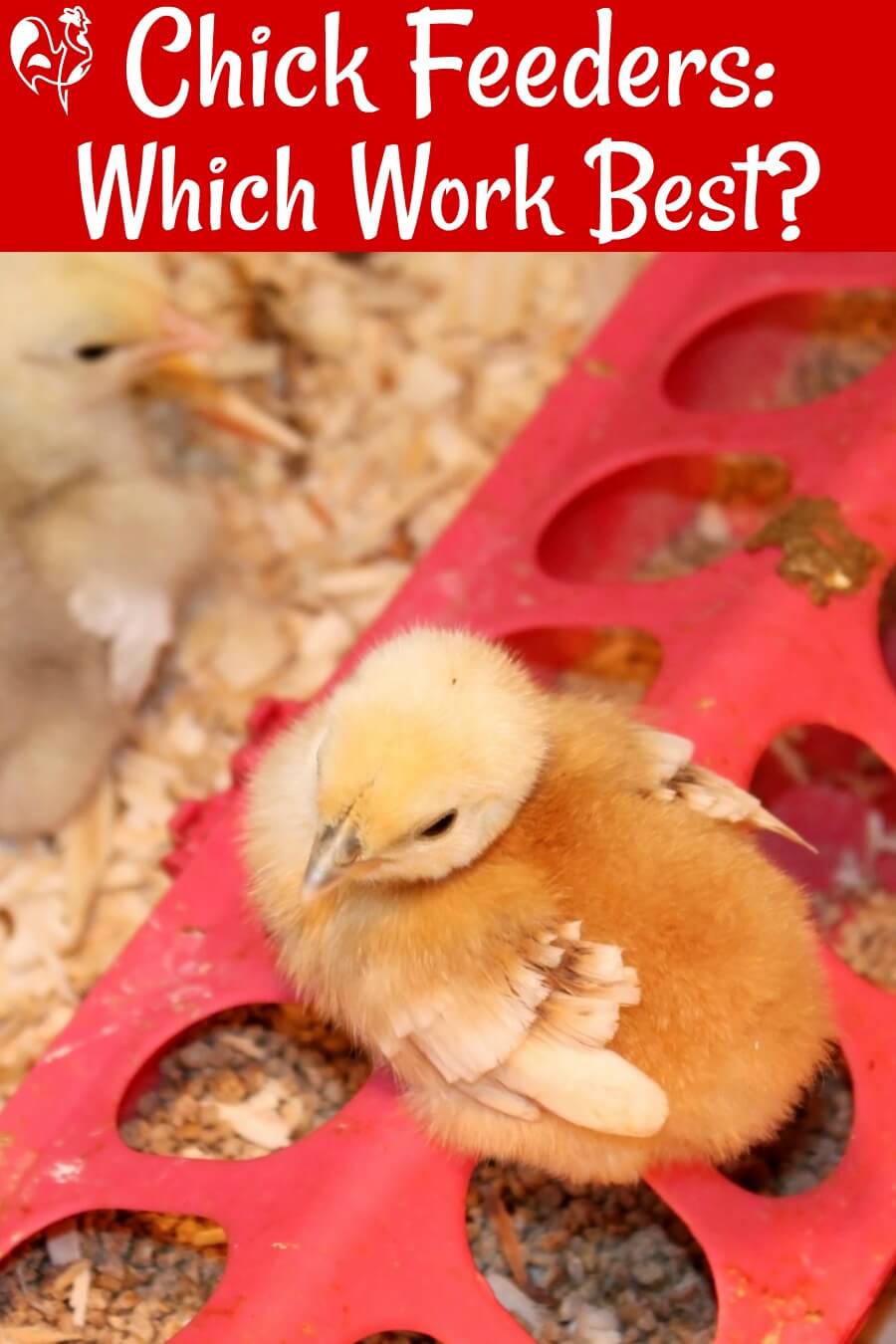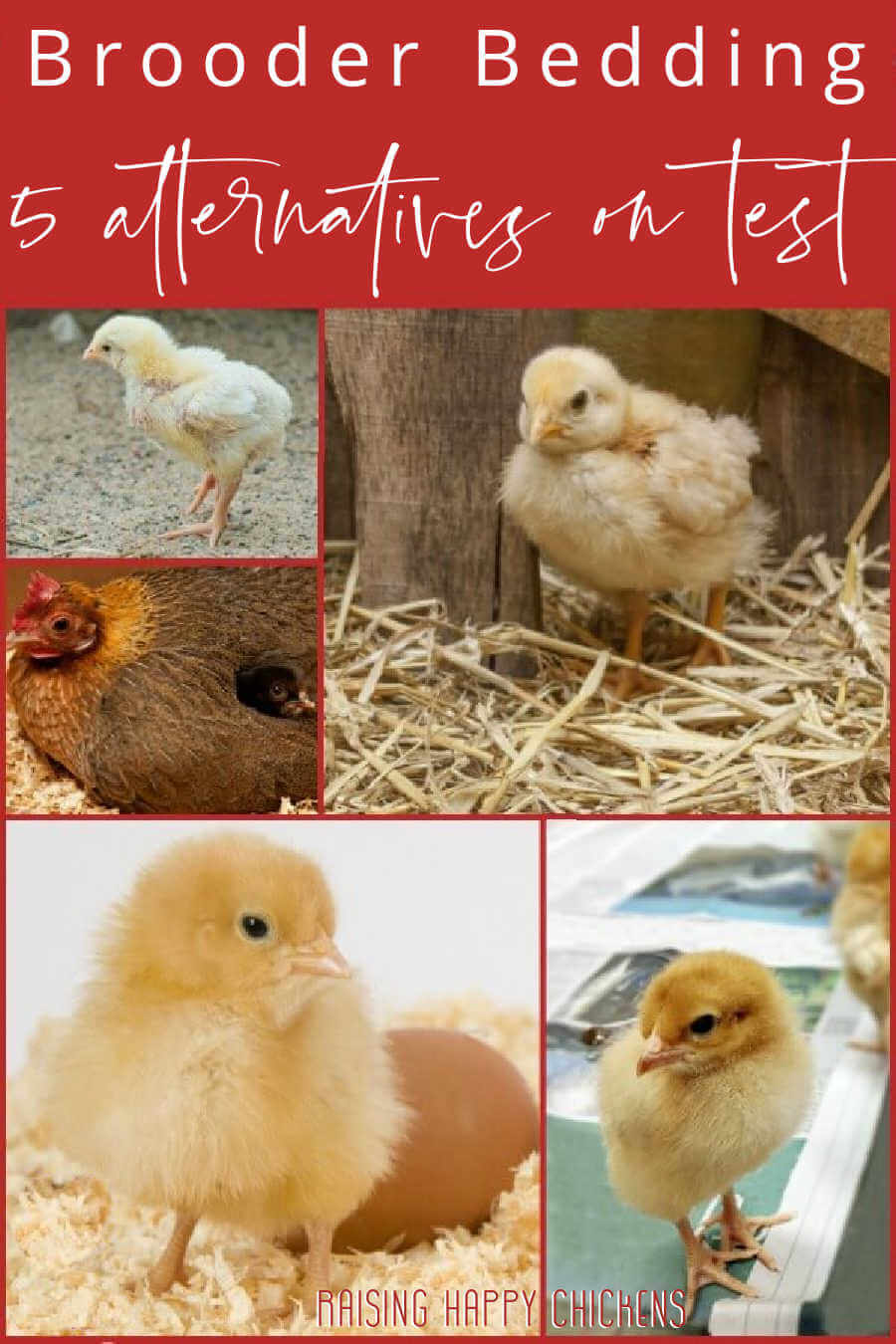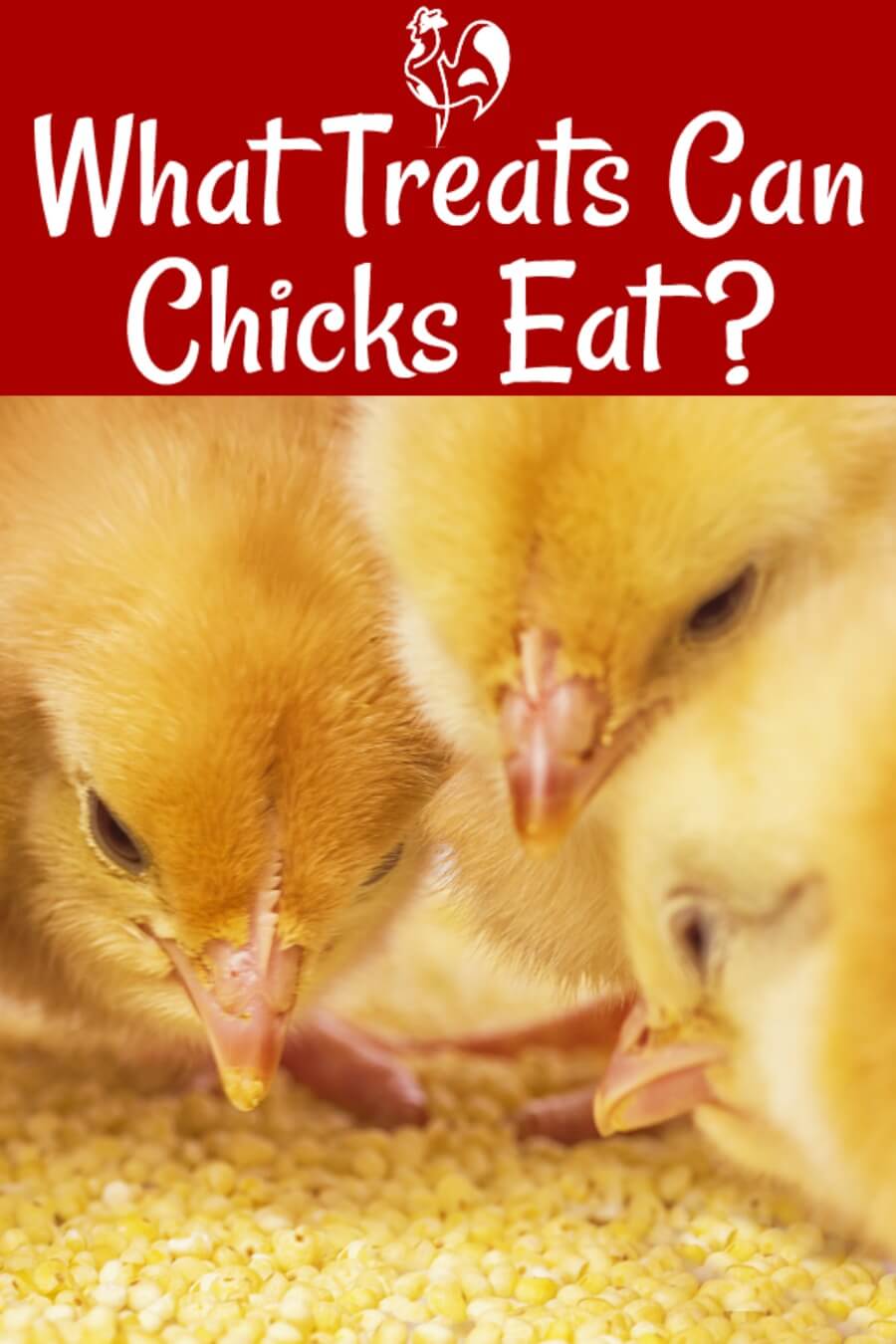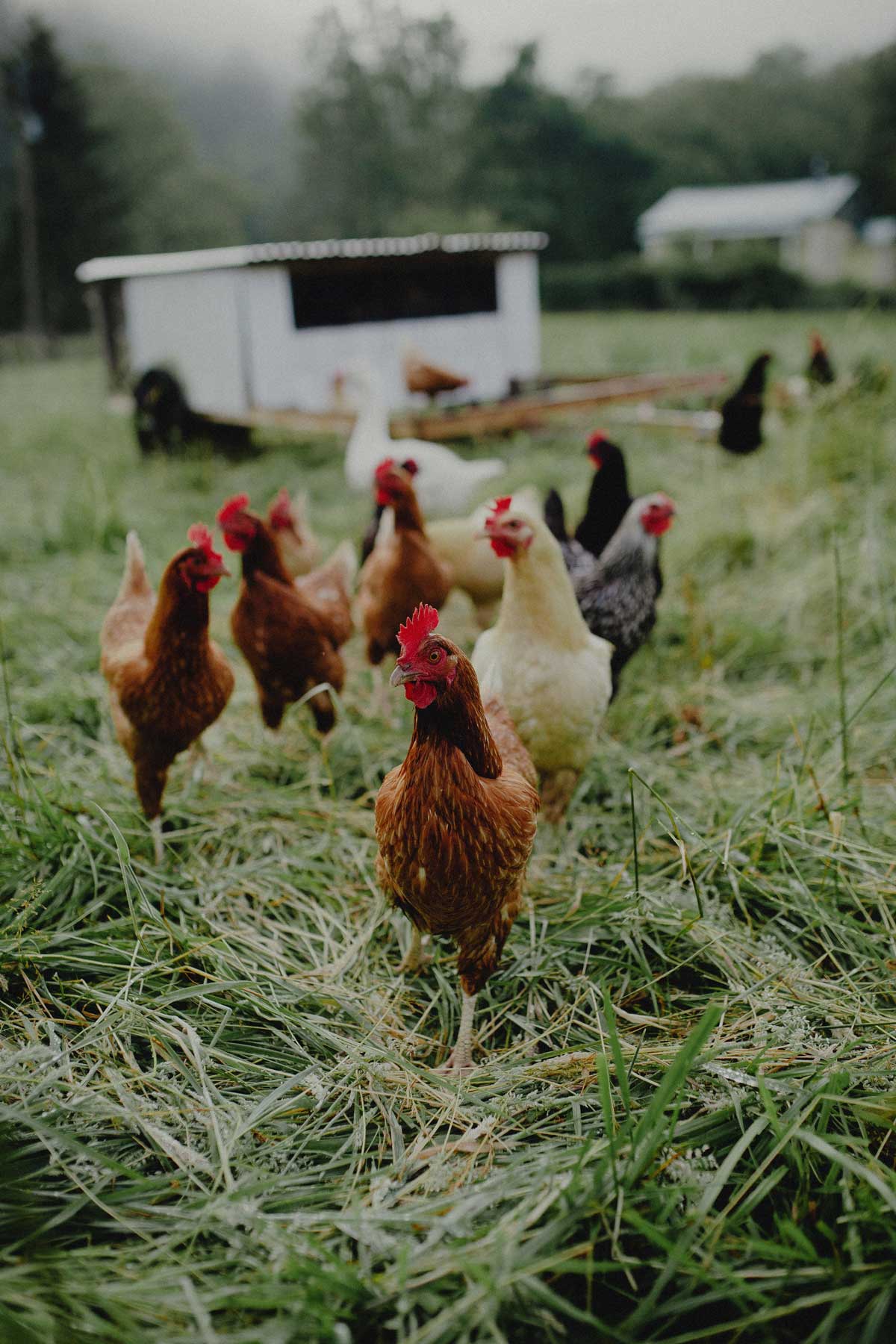Feeding chicks is an essential part of chicken husbandry, and is key to raising healthy, happy chickens. Knowing the best options for what to feed your chicks and when to feed them is an important part of this process. This guide will provide you with an overview of the basics of chicken husbandry and cover topics such as what to feed your chicks, when to feed them, and how to ensure your chicks get the proper nutrition. With this information, you will be well on your way to becoming a successful chicken farmer.
What to Feed Chicks

Nutritional Requirements
Chicks need a balanced diet to grow and develop properly. This diet should include proteins, fats, carbohydrates, minerals and vitamins. Protein is essential for growth, while fats and carbohydrates provide energy. Minerals and vitamins help the chicks develop strong bones and feathers. Feeding chicks a diet rich in these nutrients will ensure they grow healthy and strong.
Substrate-Based Feed
Substrate-based feed is a natural option for feeding chicks. This type of feed consists of grains, seeds and other plant-based materials. Substrate-based feed can provide the necessary nutrients for chicks, and can be supplemented with other foods, such as fruits, vegetables and insects.
Commercial Feed
Commercial feed is another option for providing chicks with the nutrients they need. This type of feed is formulated specifically for chicks and provides a balanced diet in an easy-to-use form. Commercial feed can be purchased at most pet stores or online.
Water
In addition to food, chicks need access to fresh, clean water. Water helps chicks stay hydrated and can help them digest their food. Provide chicks with a shallow bowl of water that is changed regularly.
Feeding chicks a balanced diet is key to ensuring they grow healthy and strong. Providing a combination of substrate-based feed, commercial feed and fresh water will help chicks reach their full potential.
How Much to Feed Baby Chicks

Frequency
Baby chicks should have constant access to feed and water, so providing feed throughout the day is important to ensure they stay healthy and grow quickly. Feeding should be provided at least 3 times per day.
Quantity
The amount of feed for baby chicks will vary depending on the type and age of bird, but generally chicks should be provided 1-2 tablespoons of feed per chick per day. Monitor the chicks and adjust the amount of feed provided as needed.
Best Feed for Baby Chicks

When it comes to what to feed chicks, you want to choose the best feed for your baby chicks. The best feed for baby chicks is a special starter feed that contains the right nutrients for the growth of your baby chickens. Starter feed should contain a minimum of 18-20% protein and will be labeled as chick starter or chick starter/grower. The feed should also be medicated with an antibiotic to help prevent common diseases.
It is important to choose a feed specifically for baby chicks and use it only for chicks. Do not give your chicks adult chicken feed or any other type of feed. It is also important to feed your chicks only the amount of feed they can consume in one day. Any leftover feed should be disposed of and should not be given to the chicks the next day.
To ensure your chicks are getting the best nutrition, you should feed them a starter feed for the first 8 weeks of their life. Then you can switch to a grower feed that contains a lower protein content of 16-18% until they are ready to lay eggs. You can then switch them to a layer feed with higher calcium content.
It is also important to make sure your chicks always have access to clean, fresh water. Change the water daily and keep the water dish clean and filled with fresh water at all times.
To sum up, the best feed for baby chicks is a special starter feed with a minimum of 18-20% protein. Starter feed should also be medicated with an antibiotic and should be used only for chicks. After 8 weeks, you can switch to a grower feed and then to a layer feed with higher calcium content. It is also important to provide your chicks with fresh water daily.
How to Feed a Baby Chicken

Chick Starter: The first step in feeding a baby chicken is providing a chick starter feed. This feed is specially formulated for young chickens, providing the correct balance of protein, carbohydrates, vitamins, and minerals necessary for healthy growth. The starter feed should be available to chicks at all times.
Feeders and Waterers: Baby chickens must have appropriate feeders and waterers. Feeders should have a depth of no more than 1 inch and waterers should be shallow enough for chicks to access easily. These should be checked regularly to ensure they are clean and in good working order.
Medicated Feeds: Medicated feed is sometimes necessary to protect chicks from certain diseases. This feed should be used only when needed, as recommended by a veterinarian.
Grit: All chickens need access to grit to help them grind their food. Grit should be available to chicks at all times, preferably in a shallow dish.
Growth Feed: As chickens get older, they will need to transition to a grower feed. This feed is higher in protein and calcium than the starter feed, and is specially formulated to meet the needs of growing chickens.
Supplements: Some chickens may require additional supplements in their diet, such as oyster shell or probiotics. These should be added to the feed according to the instructions on the package.
Treats: Baby chickens can enjoy treats such as mealworms, vegetables, or fruit. These treats should be served in moderation, as too much can lead to digestive problems.
By following these steps, you can ensure your baby chickens are receiving the nutrition they need to grow and thrive.
Considerations and Precautions
- It is important to remember that chicks should not be fed within the first 24 hours of life as their digestive systems are not yet developed.
- Chicks must be fed a specialized diet with a high protein content to ensure proper growth and development.
- Chicks should be fed a starter feed that is free of antibiotics and additives. This feed should be provided in a shallow dish that is not too deep.
- Chicks must be provided with fresh, clean water at all times.
- Chicks should be monitored closely to ensure they are digesting their food properly and that their health is not jeopardized.
- Chicks should be fed on a regular schedule, at least twice a day, and the feed should be changed regularly to ensure it remains fresh.
- Chicks should be protected from predators and other potential sources of harm while they are being fed.
- Chicks should be fed in a clean and sanitary environment to minimize the risk of food-borne illnesses.
Frequently Asked Questions
What do I Need to Know Before I Start Feeding My Chicks?
Age: Chicks should not be fed until they are at least five days old. Before then, they should be left alone to enjoy the warmth and moisture of the brooder.
Type of Feed: For the first eight weeks, chicks should only be given a starter feed; this is usually a mash or crumble that is high in protein. After eight weeks, they can then transition to a grower feed.
Amount: Chicks need to eat regularly throughout the day and should have access to feed whenever they are hungry. Aim to provide them with 1/4 cup of feed per bird per day.
Cleanliness: Feeders and waterers need to be cleaned regularly to prevent mold and bacteria from forming. Change the feeders and waterers every week or two and scrub them with a brush or rag.
How often should I feed my chicks?
Newly-hatched chicks should be fed a starter feed every 8-12 hours, while older chicks can be fed every 12-24 hours. Feed should be available at all times, and the feeders should be kept clean. Fresh water should also be available at all times. When chicks are around 6 weeks old, they can be transitioned to a grower feed.
What kind of food should I give my chicks?
Grain-Based Starter Feeds should be the first food given to chicks. This feed is specially formulated to meet the nutritional needs of baby chicks, and should be fed to chicks up until they are 8-10 weeks old. Starter feeds are typically composed of wheat, corn, oats, soybean, and other grains, as well as added vitamins and minerals.
Grower Feeds should be given to chicks from 8-10 weeks old to 18-20 weeks old. This feed is formulated for the intermediate stage of a chick’s life, and should contain a higher protein content than the starter feed. Grower feeds are composed of the same basic grains as starter feeds, but may also contain added nutrients like fish meal, animal fat, and other supplements.
Layer Feeds should be given to chicks from 18-20 weeks of age and up. Layer feeds are formulated to meet the specific nutritional needs of chickens that are laying eggs, and contain higher amounts of calcium to support egg production. Layer feeds are composed of the same grains as starter and grower feeds, but may also contain added nutrients such as fish meal, animal fat, and other supplements.
Treats and Supplements can be given to chicks as well. Treats like mealworms and scratch grains can be used to supplement their diets, and provide an extra boost of nutrition. Additionally, vitamins and minerals can be added to their diet to ensure they are getting all the nutrients they need.
What should I do if my chicks are not eating?
- Check the temperature: Chicks need a temperature of 95-98°F (35-37°C) for the first week of life, reducing by five degrees each week until they reach 70°F (21°C). If the temperature is too low, they won’t have enough energy to eat.
- Check the feed: Always provide chicks with fresh, high-quality feed – check for any signs of spoilage. Make sure the feed is finely ground and moist, so that the chicks can easily eat it.
- Check for disease: Inspect the chicks for signs of disease or infection, such as nasal discharge, watery eyes, or labored breathing. If any of these signs are present, contact your veterinarian.
- Check for stress: Chicks may be reluctant to eat if they are stressed by overcrowding, loud noises, or other disturbances. Make sure the chicks have enough space to move around and are not disturbed.
- Check the feeder: Make sure the feeder is full and not blocked. The feeder should be low enough for the chicks to reach, but high enough to prevent contamination.
How can I tell when my chicks are ready to move on to a more advanced diet?
Chicks will typically be ready to move on to a more advanced diet when they are around 6-8 weeks old. This can be determined by looking at their feathers, size, and activity level. If they are active and their feathers are full and glossy, they are likely ready for a more nutrient-dense diet. Additionally, if the chicks have outgrown the starter feed ration, they should be transitioned to a more advanced feed.
Conclusion
Providing the right nutrition, environment, and care, you can successfully raise healthy chicks. Remember to feed chicks a high-quality feed and to provide clean, fresh water at all times. Ensure the chicks are kept in a warm, draft-free environment and watch for any signs of disease or stress. Following these guidelines will help ensure your chicks grow up to be healthy and happy chickens.
